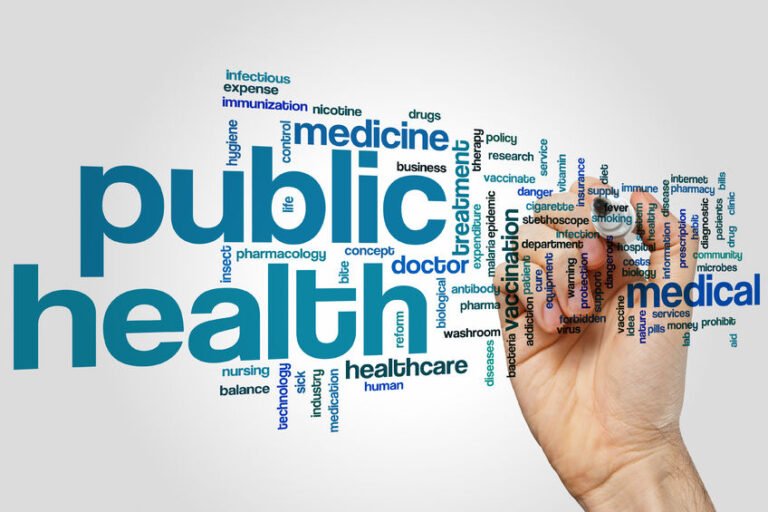A public healthcare system is a government-funded network that provides medical services to the population, aiming to ensure that everyone has access to essential health care regardless of income or social status. These systems are a foundation of many countries’ efforts to improve health outcomes and reduce inequality. They are funded mostly through taxes and managed by local, regional, or national authorities. Public healthcare systems are designed to be accessible and affordable, often providing free or low-cost care at the point of use.
One of the key features of a public healthcare system is its focus on universal access. This means that medical care is intended to be available to all people, including those who are vulnerable or marginalized. Services often cover a wide range of needs, from preventive care and vaccinations to emergency treatment and long-term management of chronic illnesses. Public hospitals and clinics are typically operated by the government, and health professionals working in these facilities are usually government employees or contractors.
Examples of public healthcare systems around the world include the United Kingdom’s National Health Service (NHS), Canada’s provincial health plans, Australia’s Medicare, and Brazil’s Sistema Único de Saúde (SUS). Each of these systems aims to provide comprehensive healthcare services to their populations while controlling costs and promoting equity. The NHS, for instance, offers care free at the point of use, funded entirely by taxation, while Canada provides coverage for medically necessary services across provinces.
The benefits of a public healthcare system are significant. By offering universal access, these systems help ensure that all citizens receive medical attention when needed, regardless of their economic status. Centralized funding and budgeting allow governments to control healthcare costs and promote public health initiatives such as vaccination programs and disease prevention. Public healthcare also aims to reduce health disparities by focusing on equitable access and quality care.
Despite these advantages, public healthcare systems face many challenges. Budget limitations often lead to shortages of staff, equipment, or hospital beds. High demand can result in long waiting times for certain treatments or elective procedures. The quality of care may vary between different regions or healthcare facilities due to differences in resources and management. Managing large, complex systems requires coordination among various agencies and healthcare providers, which can be difficult.
Brazil’s public healthcare system, known as SUS, serves as an important example of both the strengths and struggles of public healthcare. SUS is one of the largest public health systems globally, providing free healthcare to over 200 million people. It offers a wide range of services, from primary care and immunizations to hospital treatments. However, the system faces challenges such as underfunding, regional disparities, and overcrowded facilities, which can affect the quality and timeliness of care.
The Covid-19 pandemic put public healthcare systems worldwide under immense pressure and exposed vulnerabilities. Brazil’s SUS played a vital role in responding to the crisis by offering testing, treatment, and vaccination services to millions. However, the pandemic revealed gaps in care, particularly for pregnant women and marginalized communities. For example, many maternal deaths linked to Covid-19 in Brazil highlighted failures in timely testing, proper medical attention, and support for vulnerable groups.
Cases like that of Lidiane Vieira Frazão, a pregnant woman in Rio de Janeiro who died from Covid-19 complications shortly after childbirth, illustrate systemic problems within the public healthcare system. Her family’s lawsuit points to delays in care and inadequate medical support as key factors in her death. Research has shown that Brazil recorded one of the highest numbers of maternal deaths related to Covid-19 in the world, demonstrating how the pandemic strained public health services and worsened existing inequalities.
Globally, public healthcare systems continue to be essential for managing public health, preventing disease outbreaks, and offering treatment to those in need. The pandemic has underscored the importance of investing in these systems to improve infrastructure, staffing, and preparedness for future health emergencies. Strengthening public healthcare systems can help protect vulnerable populations and reduce disparities in health outcomes.
As governments and societies evaluate the lessons learned from the pandemic, attention is turning to how public healthcare systems can evolve. Improving access, quality, and equity in care remains a priority. Public healthcare is not only a means to treat illness but also a critical tool for social justice and community well-being.







